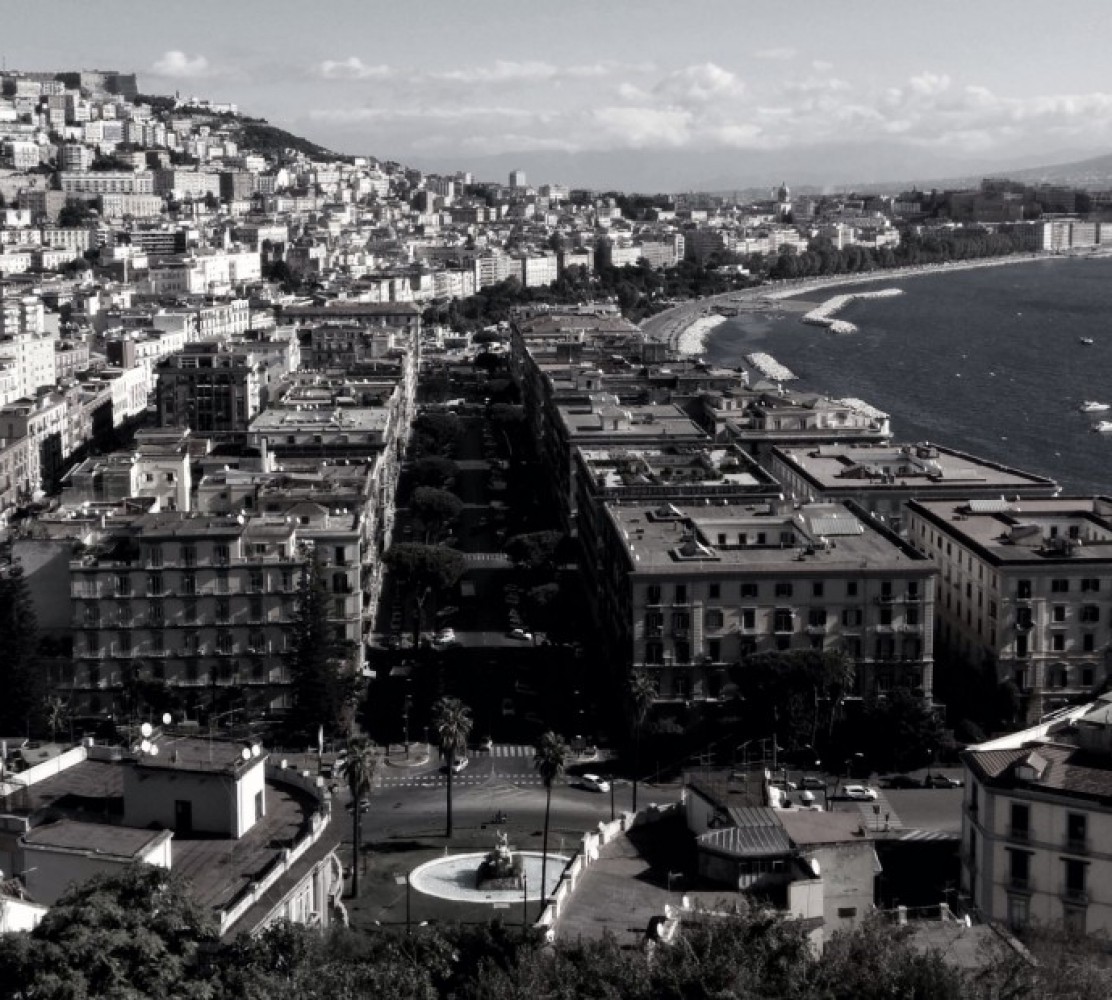A tongue-in-cheek, Neapolitan language song written by Renato Carosone in the late 1950s, Tu vuò fà l’americano is about a young wannabee who affects a contemporary American lifestyle (sharp clothes, whisky and soda, rock-and-roll, baseball and Camel cigarettes) but who relies on his parents for money. Seen as a satire on the process of Americanisation in post-war Italy, the lyrics most damningly accuse:
‘How can your girl friend understand you, if you speak to her in half American when you make love under the moon. Where do you get off saying ‘I love you?’
Sung famously, in English, by Sophia Loren in ‘It Started in Naples‘, and also appearing in the Talented Mr Ripley, lyrics in both Neapolitan and English are below. Continue reading










